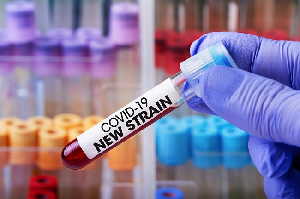
Abstract
Rationale
: Prolonged exposure to airborne particulate matter (PM) is associated with emphysema and chronic obstructive pulmonary disease (COPD); however, the precise underlying mechanism remains unclear.
Objectives
In a previous high-throughput screen, we identified inter-alpha-trypsin inhibitor heavy chain 4 (ITIH4) as a biomarker of long-term PM exposure. We hypothesized that ITIH4 is implicated in PM-related emphysema.
Methods
We investigated the association between ITIH4 expression and ambient PM exposure through a clinical cohort analysis (220 patients with COPD and 61 healthy participants) and in vitro studies.
Measurements and Main Results
The COPD cohort studies revealed significant correlations between emphysema severity, ambient PM exposure, and serum ITIH4 levels. In primary small airway epithelial cells from COPD patients with low basal levels of ITIH4, exposure to PM and oxidative stress led to increased apoptosis. However, ITIH4 overexpression significantly inhibited oxidative stress–induced apoptosis in normal and COPD airway epithelial cells. Acute exposure to hydrogen peroxide resulted in the rapid degradation of ITIH4 protein with no effect on transcriptional level, although ITIH4 gene expression is downregulated in the lung tissue of patients with COPD. A human apoptosis antibody array revealed that ITIH4 overexpression attenuated hydrogen peroxide–induced apoptotic signaling. Furthermore, extracellular ITIH4 protein confers cytoprotective functions in cells exposed to PM or oxidative stress. Mechanistically, ITIH4 attenuated oxidative stress–induced JNK activation and β-catenin decrease. A deficiency of ITIH4 exacerbated the effects of oxidative stress.
Conclusions
We identified a novel pathogenetic mechanism involving ITIH4, where chronic exposure to air pollution induces or promotes emphysema.














